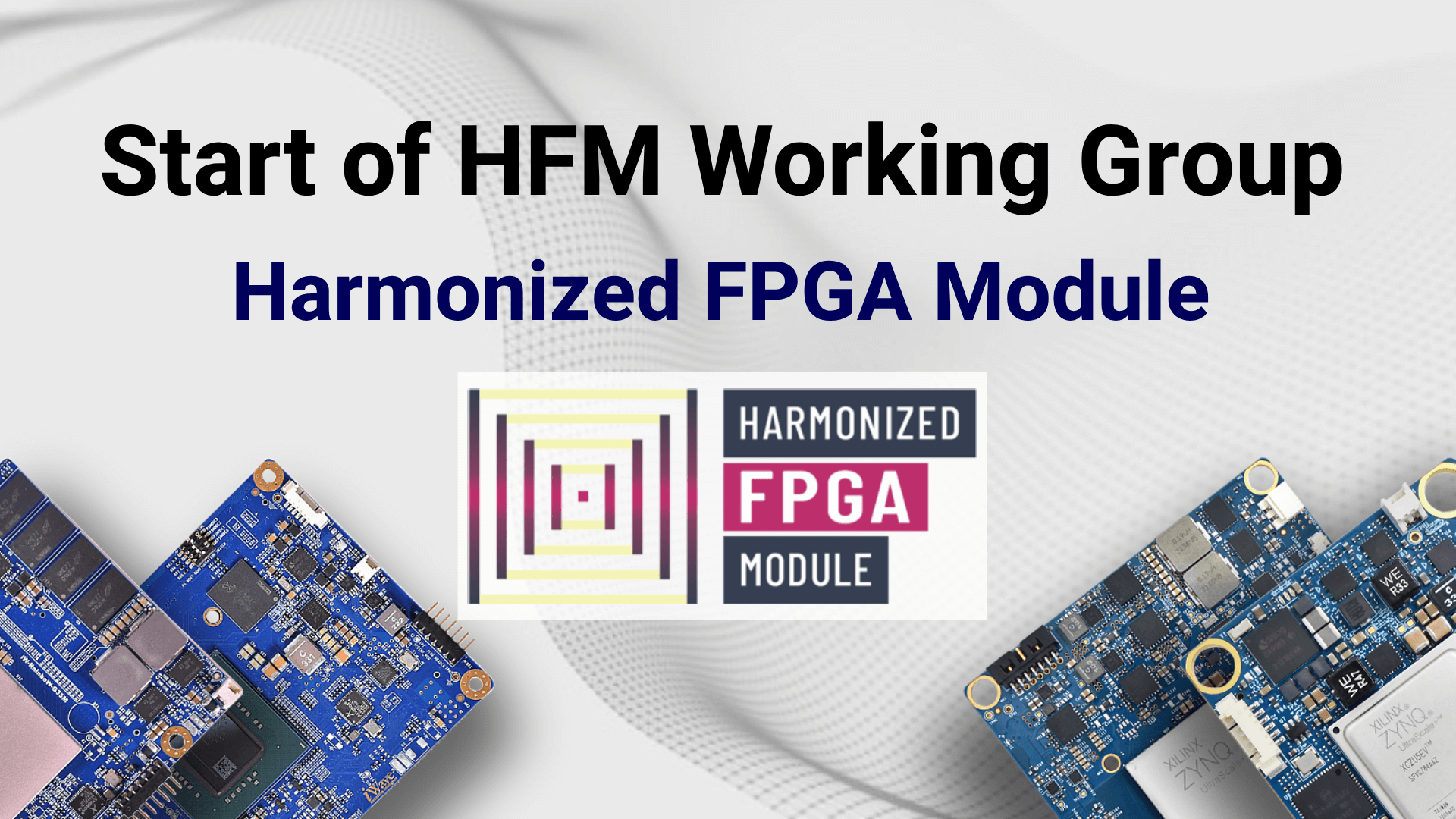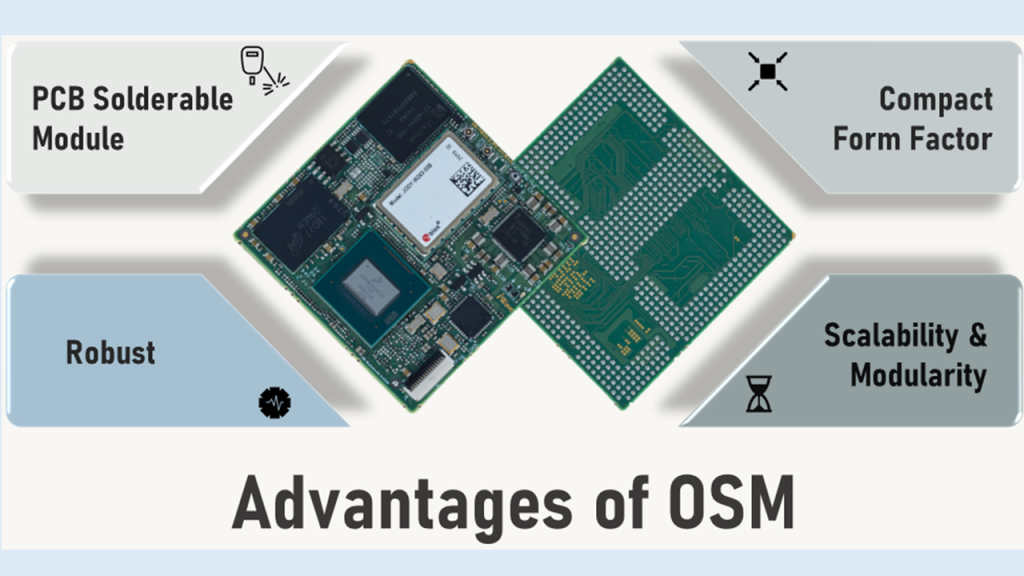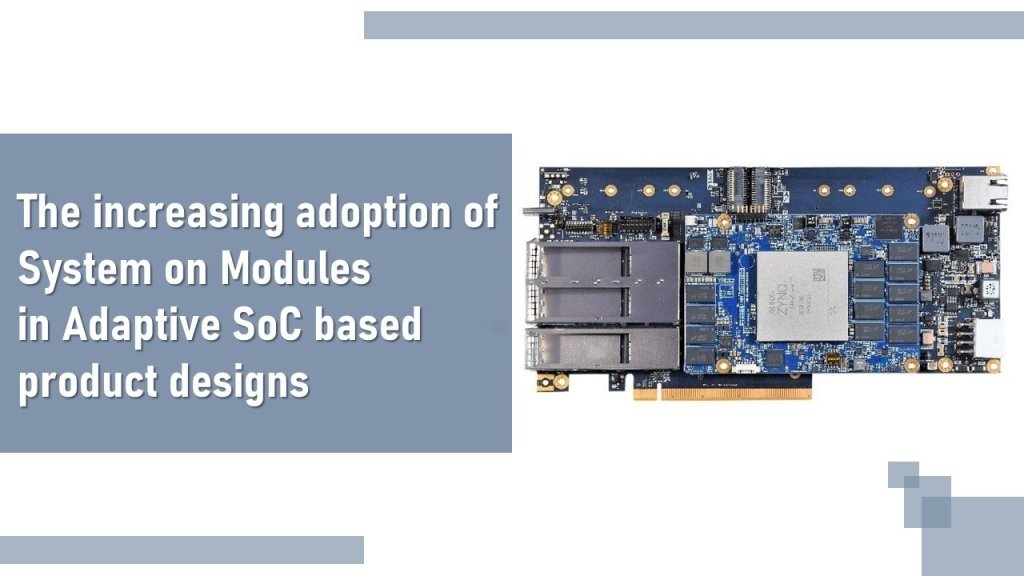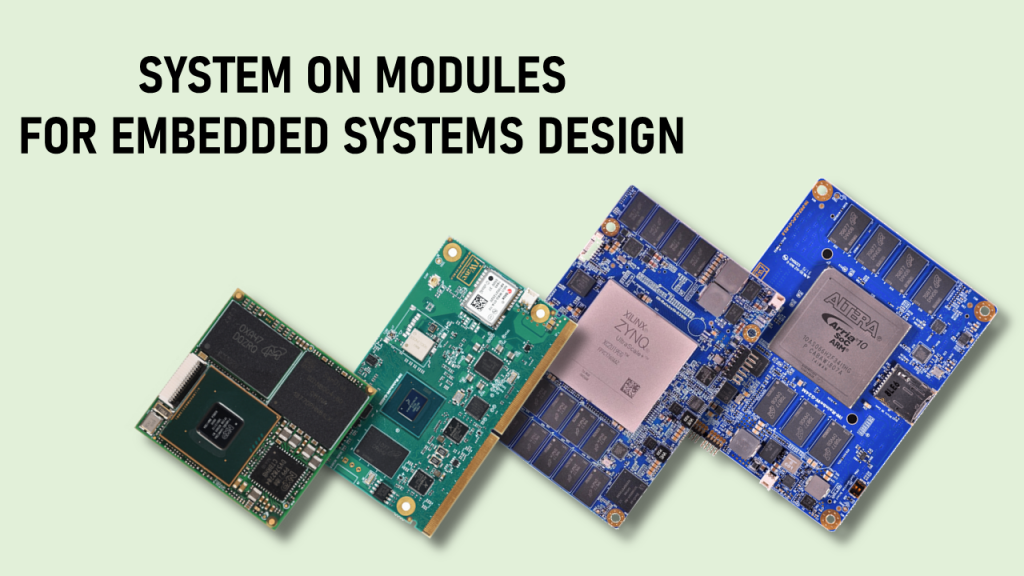- Products
- Automotive
- Avionics
COTS Module
- Zynq RFSoC ADC DAC PCIe Card
- Agilex 7 SmartNIC Card
- ZU7/ZU5/ZU4 PCIe SmartNIC Card
- ZU19/17/11 PCIe SmartNIC Card
- Kintex-7 PCIe Card
- PCIe Switch Module
- PCIe to SD 3.0 M.2 Module
- Zynq ZU7/ZU5/ZU4 3U-VPX
- Virtex UltraScale+ 3U VPX
- Kintex UltraScale+ 3U VPX
- Zynq ZU19/17/11 3U VPX
- Kintex-7 3U VPX Card
- VITA 57.4 FMC+ Loopback Test Module
- VITA 57.1 FMC Loopback Test Module
- PCIe Gen3 x8 FMC Module
- Quad QSFP28 FMC+ Module
- PCIe Gen4 x16 FMC+ Module
- FMC Add-On Cards
- IP Cores
- ODM Solutions
- Custom Design
- Company


Get a Quote
Please fill in the form and we will get back to you soon!
We appreciate you contacting iWave.
Our representative will get in touch with you soon!

Get in Touch
We appreciate you contacting iWave.
Our representative will get in touch with you soon!
Thank you for subscribing to our newsletter!
Start of Harmonized FPGA Module (HFM) Working Group for FPGA System on Modules
There has been an increased trend in the adoption of FPGA System on Modules (SOM) for product designs, and companies across the globe saw a need to build a standard for FPGA System on Modules.
An FPGA system on module approach offers significant advantages as this approach offloads several complexities involved in the design cycle, which includes complex power circuit design with the associated power sequencing, higher power density per area, complex IO bank handling, high-speed DDR memory design, thermal management, and compactness. The FPGA SoM approach further allows greater scalability for the end applications in terms of logic density, FPGA IOs, and a number of transceiver lanes.
In February 2024, The Standardization Group for Embedded Technologies e.V. (SGeT) announced the start of a new working group for the development of Harmonized FPGA Module™ (HFM) standard, with the founding meeting taking place on the 27th of February, hosting 18 organizations from across the globe. In the founding meeting, Mr. Sheik Abdullah from iWave was elected as the chairman of the newly founded Standard Development Team and leading the efforts in the definition of the standard. The SDT is the sixth standard hosted under the umbrella of the Standardization Group for Embedded Technologies (SGET).
The Harmonized FPGA Module™ (HFM) Standard Development Team aims to develop a groundbreaking standard tailored for the FPGA and SoC-FPGA System-on-Module. The Team Mission Statement states, that the Standard Development Team aims to create a standard for solderable modules applicable to low to mid-range FPGAs and SoC-FPGAs and to develop a uniform approach to FPGA module design enabling free choice between solderable and connector-based modules, where the latter are more relevant to mid- to high-mid-range SoC FPGAs. The solderable and board-to-board SoM concepts both offer distinct advantages and address different sets of application requirements. At the same time, both approaches must address many identical design problems and share a lot of design decisions. That makes it justifiable to develop a common (“harmonized”) approach to these issues and to define a core of the SoM standard that will be shared between the two distinct physical implementations (solderable and connector-based). In the overlapping area, it is possible and beneficial to have both implementations available.
Through the Harmonized FPGA Module (HFM) initiative, we aspire to foster a collaborative ecosystem Where creativity flourishes, costs are optimized, and technological boundaries are transcended. Our mission is to empower the FPGA community to achieve unprecedented levels of efficiency, flexibility, and scalability, ushering in a new era of possibilities in embedded computing and beyond.
We encourage all companies working in the embedded technology space to contribute to this standardization effort and establish a new standard. If you would like to join this initiative, please send an email to info@sget.org.
Keep Reading
iWave is an embedded systems engineering and solutions company, designing solutions for the Industrial, Medical, Automotive and Avionics vertical markets, and building on our core competency of embedded expertise since 1999. Read More…
Newsletter
Copyright © 2022 iWave Systems Technologies Pvt. Ltd.





